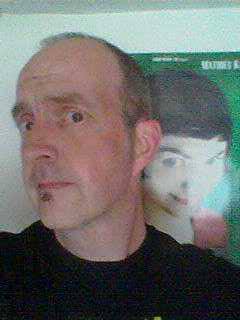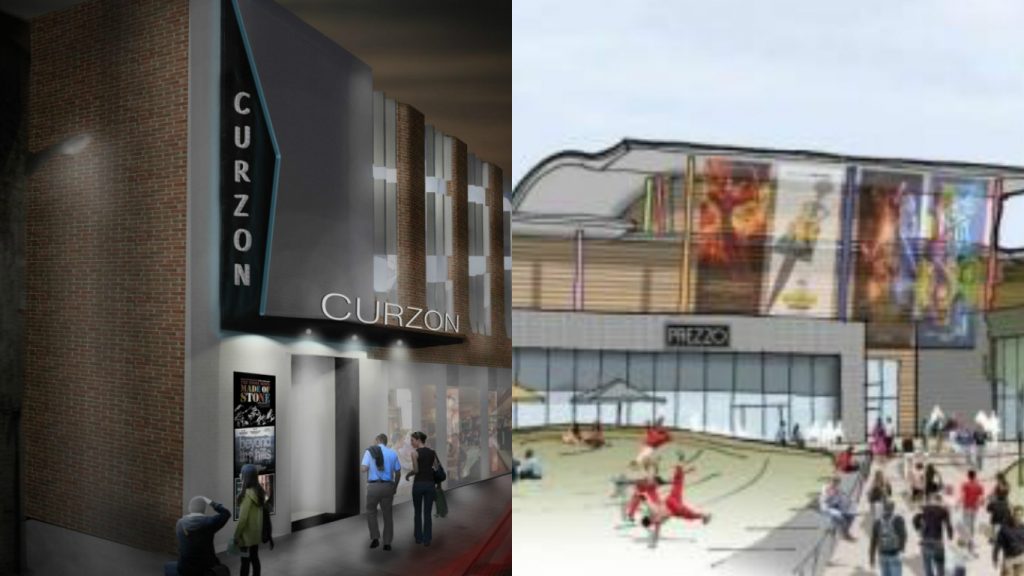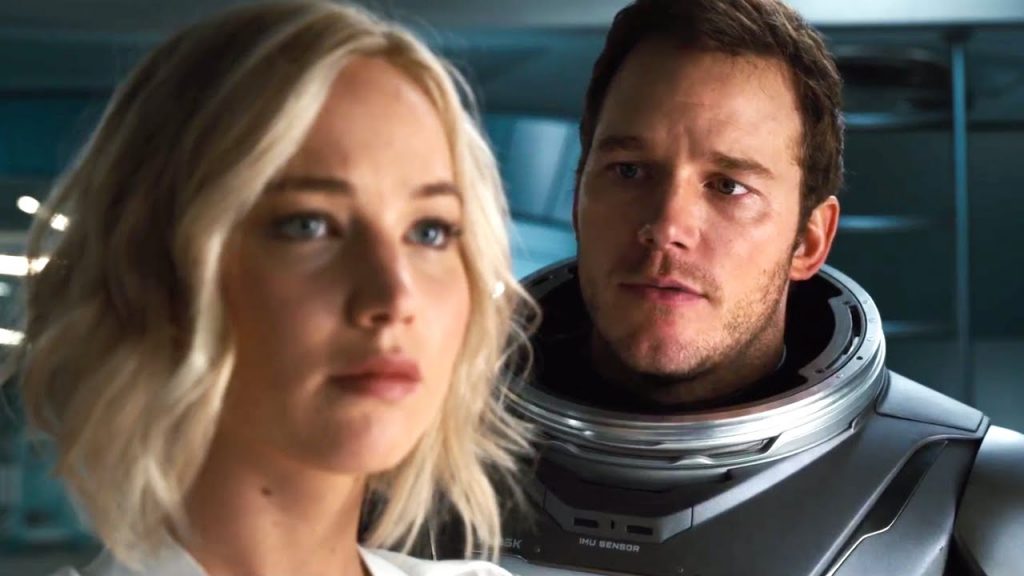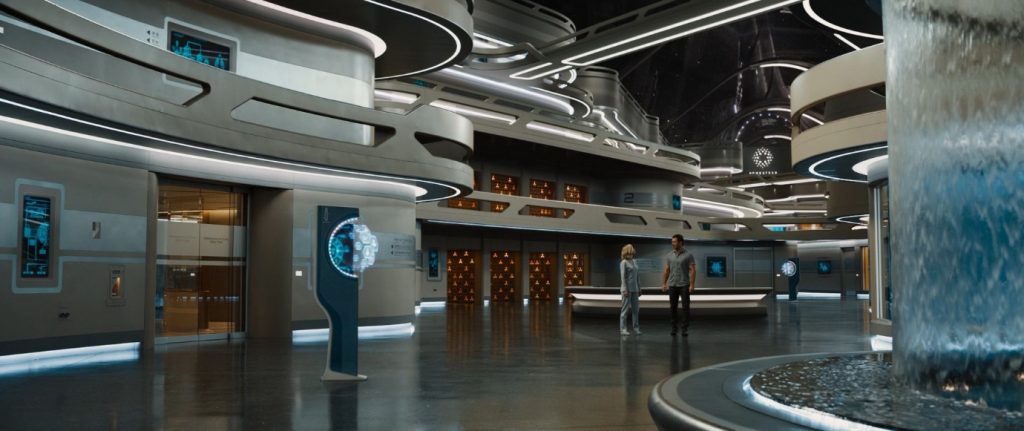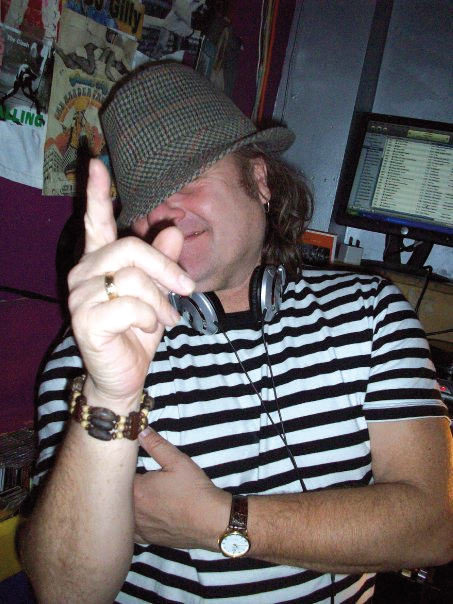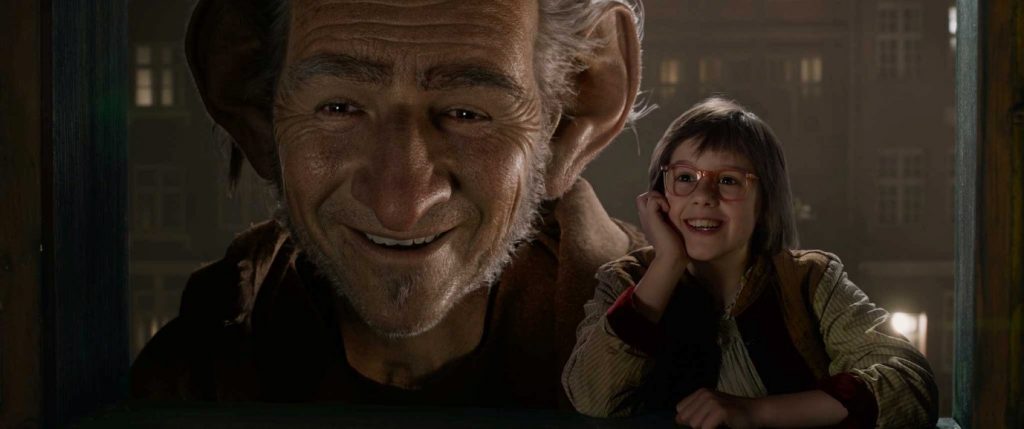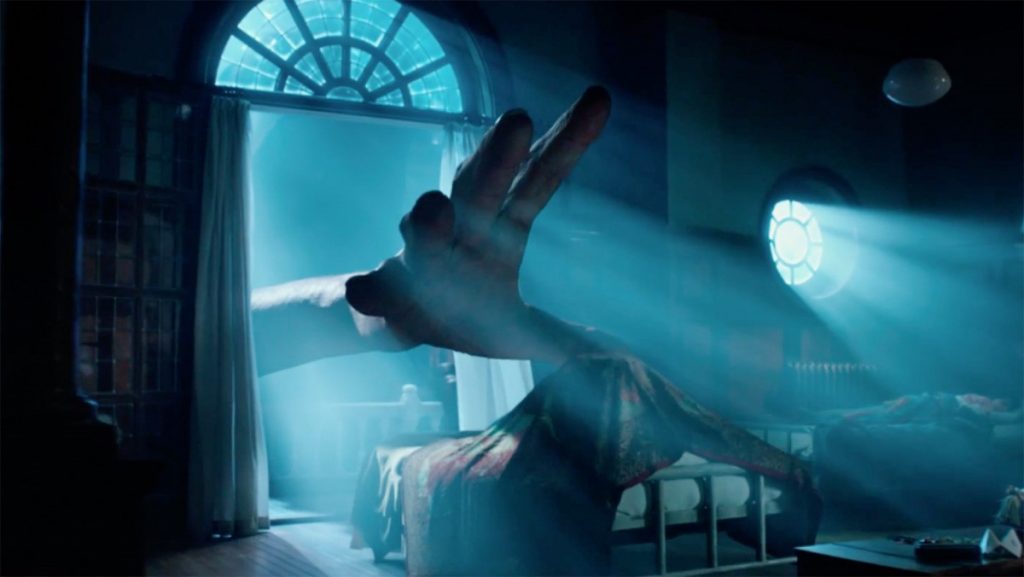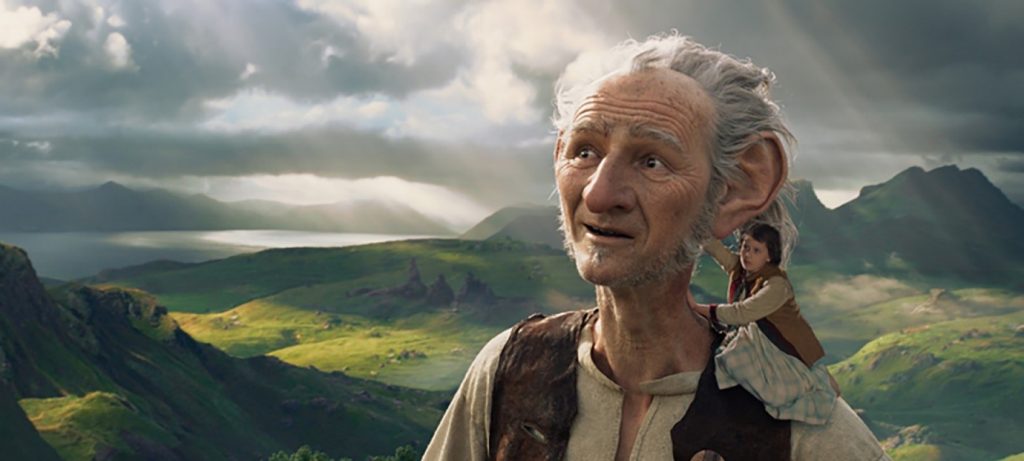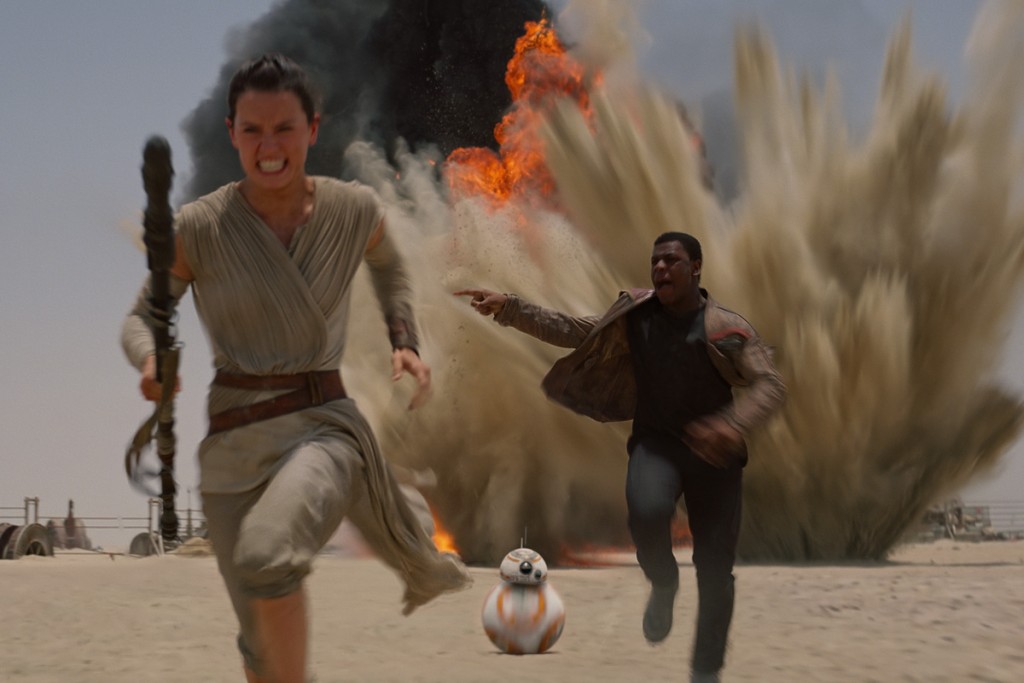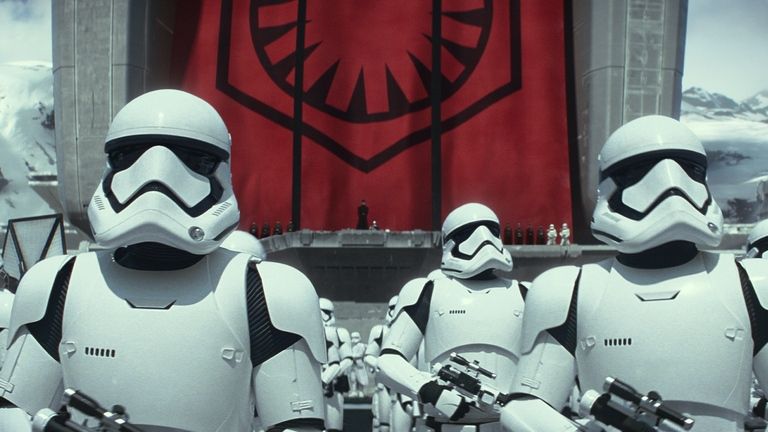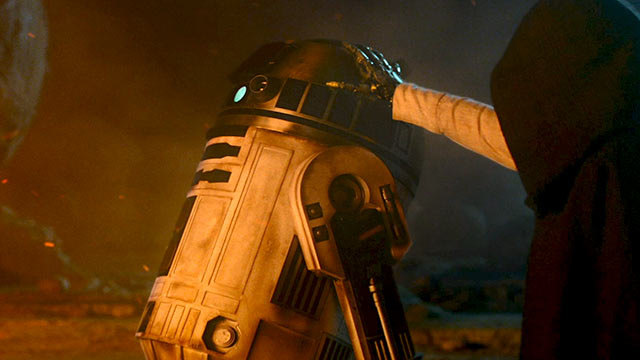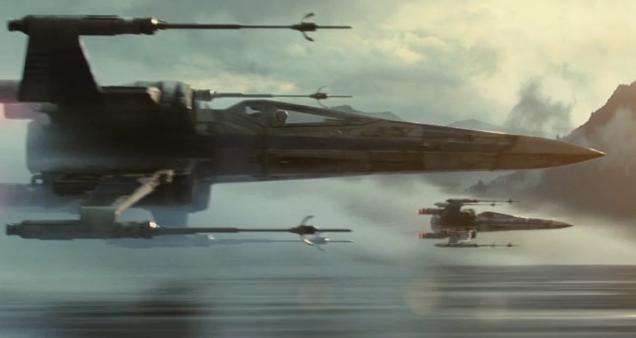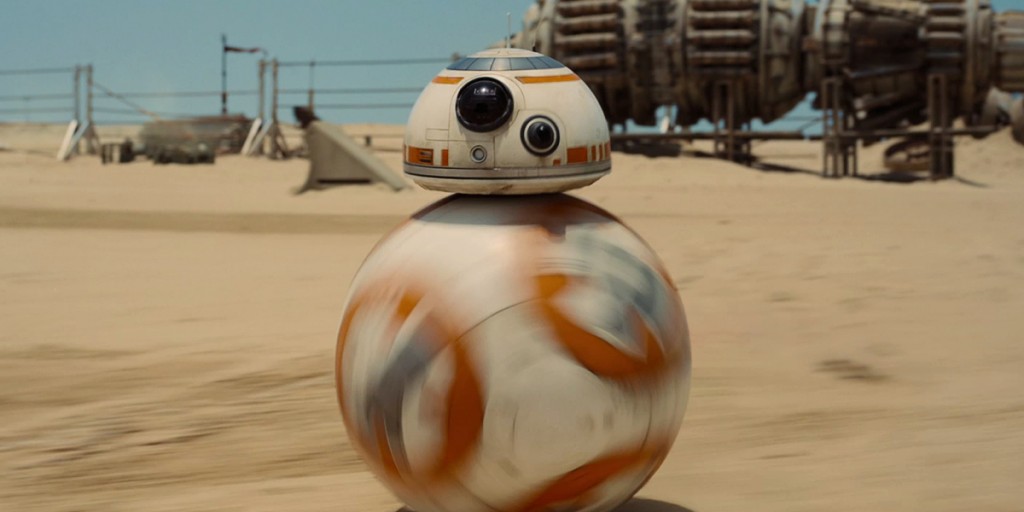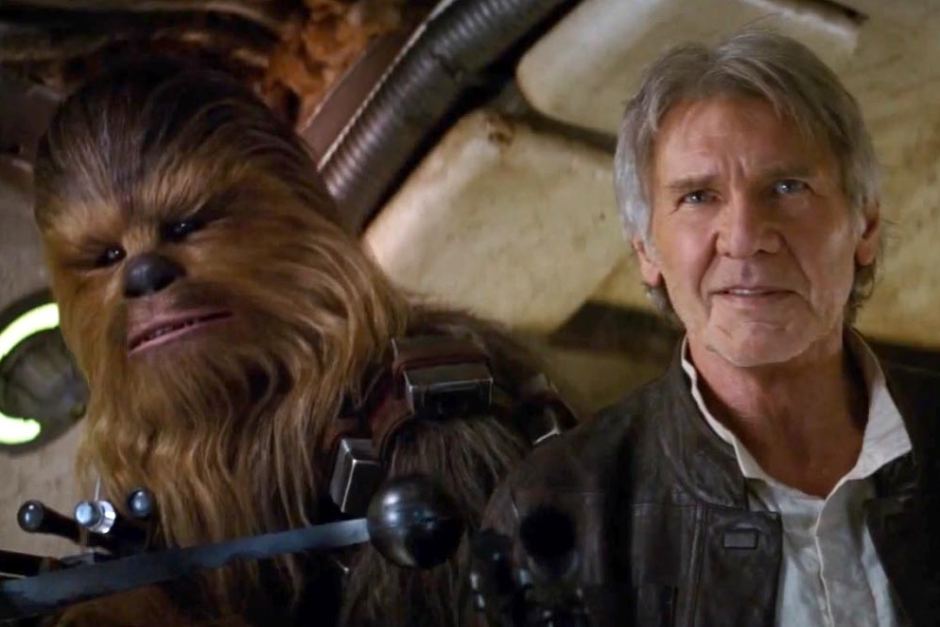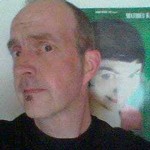(BBFC 12A 2Hrs 17Mins)

Imagine a big empty cardboard box. Now imagine that box wrapped in the most astonishing paper, ribbons, bows and gift tags. Got it? Okay, now imagine that the box and wrapping cost the best part of £200 million and you’ll come close to understanding the experience of watching director Luc Besson’s latest sci-fi extravaganza, Valerian and the City of a Thousand Planets (hereafter just referred to as Valerian in this review for the sake of time and word count). It’s a sprawling epic that blasts beyond the screen with eye-popping visuals and aesthetics but, beyond that, it’s a bit like a bubble-headed Love Island contestant, “… full of sound and fury, signifying nothing”, as Lady MacBeth once decried.
Alpha, the “City” of the extended title, is an ever-expanding space station, a repository of the collected knowledge and information of a plethora of CGI and practical effects alien races. Into this neon-infused, candy-crush coloured diaspora arrive Special Agents Valerian (Dane DeHaan) and Laureline (Cara Delevingne), a couple in all but name, squabbling and babbling inanely, spreading their own unique brand of “banter” as they try to solve I’m not sure what because I’m not sure why. I didn’t really understand what was going on and I suspect nobody involved in the movie did either, the plot has something to do with a Pokemon dinosaur that poops marbles and the destruction of some kind of “Ibiza” inspired planet full of lithe, pale supermodels and an infection/dead zone spreading through the city/space station. None of it makes any sense and there’s over two hours of it.

But what Valerian lacks in plot, characters or plausibility it more than makes up for in its visuals, every frame is crammed full of invention and mind-bending colour. If you’ve ever wanted to know what Aldous Huxley, John Lennon or Doctor Timothy Leary experienced without the hassle and expense of consciousness expanding drugs? Look no further: Memory consuming jellyfish; a bazaar that exists simultaneously on multiple dimensional levels; Cara Delevingne wearing the Universe’s biggest hat; fat-bottomed frogs; fish in spacesuits… you’ll want to check that bucket of popcorn you’re inhaling to make sure it hadn’t been inadvertently switched out with a huge tub of mescaline.

I’ll be honest here and admit that I’ve never truly been aboard the Luc Besson train, his movies leave me cold, he’s a director whose ideas are vacuous and, whilst almost always visually impressive, as a storyteller he has all the panache and craft of Monty Python’s Mister Creosote forcing a last “wafer thin mint” between his bloated, gluttonous lips: yes, there’s a huge explosion of colour on the screen but ultimately his bacchanalian greed leads to disappointment and emptiness. People may leap to his defence citing The Fifth Element (loopy fairy-tale powered by cliché) or Leon The Professional (amoral and smarmy in its Hollywood excess) or The Big Blue (free divers squabble when not holding their breath, tedious), but even they would have a tough time denying the indulgence and sheer lack of soul in Valerian. For a director steeped in self-indulgence, Valerian and the City of a Thousand Planets surely represents the pinnacle of his achievements.
There are moments of dizzying invention, for instance a chase scene that crashes through multiple dimensions, but it is dazzling empty spectacle and, unfortunately, nothing more.

Both DeHaan and Delevingne struggle to bring anything based in reality to their characters, neither has the charisma or joie de vivre necessary to carry the film or imbue it with any sense of fun. Dane DeHaan is best known for his moody “outsider” roles such as Chronicle (moody teen become moody teen with super-powers), The Amazing Spider-Man (moody, rich teen becomes moody, rich teen with super-powers) and The Cure For Wellness (moody banker becomes moodier banker but with added incest and eels), Valerian should be a crazy, thrill-ride of a character; as quick with his thoughts, actions and quips as he is with his trigger finger; DeHaan, with his permanently furrowed-brow and slow delivery only manages to convey a sense of fatigue. Cara Delevingne, all pouts and eyebrows, is best known for being a coat hanger and for being easily the most appalling thing in the appalling Suicide Squad; like a personality vacuum, she manages to suck all the life from practically every scene she’s in. Valerian and Laureline sound like ingredients in the latest, miracle shampoo but that’s where any analogy to chemistry ends; they bicker like a couple who’ve been together too long, a pair you’d spend two weeks trying to avoid on your holidays, which makes it all the more bewildering when a “Will they, won’t they…” story thread is introduced. Like I said, “NONE OF THIS MAKES SENSE”.
Oh, and Rihanna, Ethan Hawke and Clive Owen turn up as well. Mostly briefly, mostly looking bewildered.
If, like a toddler who delights in the wrapping paper more than the present, there’s probably plenty to enjoy here. Valerian, for the rest of us is just that big old empty box.
“Out, out brief candle”, indeed.
Andy Oliver
